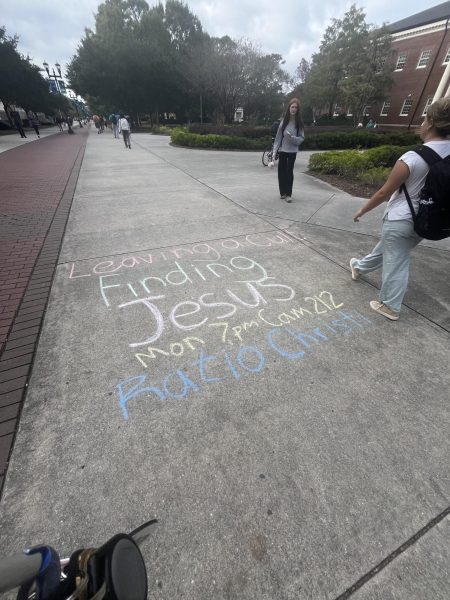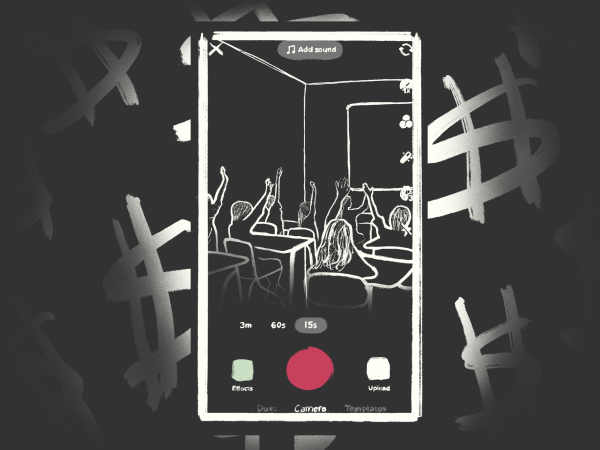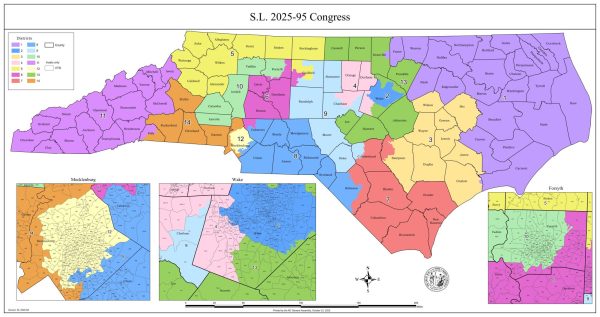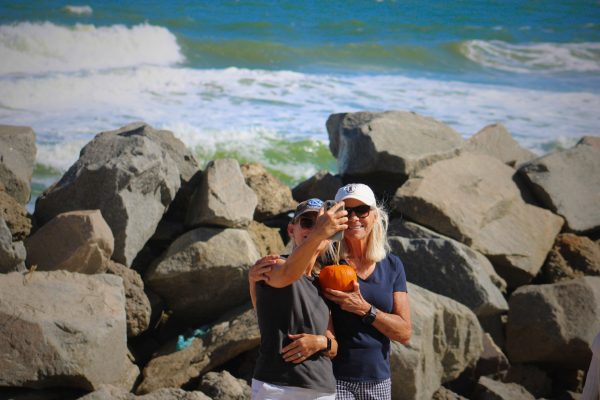Christmas advertisements fail to reflect holiday realities
Whether it be secular or religious, the collective portrayal of the holidays is one of unity, togetherness and joy. However, for people whose situations do not fit this mold, the holidays are a time of rejection, loneliness and despair. While our peers pack up, say their goodbyes and head home until the spring semester, we are left behind to face the harsh reality of being all alone with sparse interactions and few friends.
To make matters worse, the inherent societal implication that not fitting the mold of the ideal festive Christmas narrative is never far from our minds. Even after the break, we are reminded of our time alone when our peers and friends ask us what we got for Christmas. In an effort to raise the collective consciousness around this issue, I am going to talk about what society should do in order to normalize that not everyone’s holidays fit the ideal narrative, suggest ways for us to be mindful of each other and finally, list some alternative perspectives of the holidays.
Holiday marketing should include everyone’s reality rather than just scanty picturesque moments. While advertisements and movies can continue promoting joyous holiday moments, they should also incorporate the less fortunate aspects of the holidays. Due to the lack of the former in media, many are unfortunately instilled with a sense of shame and guilt if their situations do not fit the Hollywood mold.
However, if advertisements, movies and books start highlighting the less glamorous reality of life in their publications, they will start normalizing not getting together with family or not wanting to participate in public festivities, which will make those on the outside feel more seen, heard and valued.
For instance, if someone saw an ad or a movie depicting a character who is not going home for the holidays but still having fun otherwise, this person would have their experience validated. It is important that these portrayals of a more realistic holiday experience show the reasons why some people may not be able to spend the holidays with their family or friends. These reasons can range from differences in fundamental beliefs regarding religion or sexuality, an alcoholic parent, abusive parents or an unsafe family scenario or simply just needing some time apart to figure out oneself. It will allow room for those of us who do not have ideal situations in society to flourish and figure out who we are and what we stand for. More importantly though, these individuals will not feel shame and guilt because their reality will be on equal footing with the picture-perfect holidays.
Furthermore, ad companies contribute to keeping these social norms as the dominant focus of the holidays by encouraging consumers to buy themed products in order to satisfy momentary gratification and happiness. Instead, they should invest their resources into making lasting change in minority communities and cut back on producing these picturesque ads which are not representative of everyone’s experience.

For instance, imagine if a retailer devoted their resources to advertising for social justice causes such as ending homelessness and asking for a small donation from all the viewers. This could very much help people who are not financially stable. Instead of rushing out and going into thousands of dollars in debt, the consumer would be encouraged to think twice before buying things for a single day. Additionally, the retailer would be a catalyst for lasting change which could produce happiness that will endure for years to come, since we all know that material objects lose their magical spell over time and get quickly replaced with others.
Moreover, holidays traditions, such as getting together with family, putting decorations up or listening to Christmas themed music, all contribute to upholding social norms. So, it is then impossible for the person who is not getting together with their family to escape subtle societal scrutiny or pity. For example, a person who divulges that they are not getting together with family will either be invited to the other person’s festivities or have sympathy expressed to them. While this could have positive intentions, it could also reinforce this cycle of feeling broken or not fitting the mold which contributes to the guilt and shame these individuals deal with. It’s all about the timing. If you are good friends with this individual, you should know whether or not they are on good terms with their family. So, instead of just extending an invitation when they tell you they have nothing planned, perhaps invite them without soliciting the negative reality.
However, since it is a distant hope that these things will be implemented into future ads, movies and books, here are some behaviors that we, as college students whose situations are not ideal, can implement to survive the holidays.
First, view the holidays as a two-month long event instead of a couple of days. After all, Christmas lights are usually up at the beginning of November. This way, there is less pressure to fit the mold of having to be somewhere on a specific day that society has created. Second, in a world where we are always moving onto the next event or situation, take time to think about recent outings with friends or certain family members. While you might be alone at times during the holidays, you are still loved and valued. It just might not fit the narrative that society has painted for us to follow. After all, the point of the gifts and food on two days of the year is to create memories with people. Things lose their shininess and food is gone in an instant, but the memory itself of getting a gift from someone is what is important. In my case, for example, it is people taking the time to hang out with me that makes the holidays special.
While this article suggests changes in our society which are not in the foreseeable future, lasting change always starts at the local level. Imagine if we all started viewing the holidays as a time to be surrounded by those whom you call family, rather than a single day where we receive materialistic things that lose appealing nature over time. Our community would be a safe space for the picture-perfect holiday folks as well as the so-called “outsiders.” Despite our differences, we could all come together, support each other and still be joyful.












